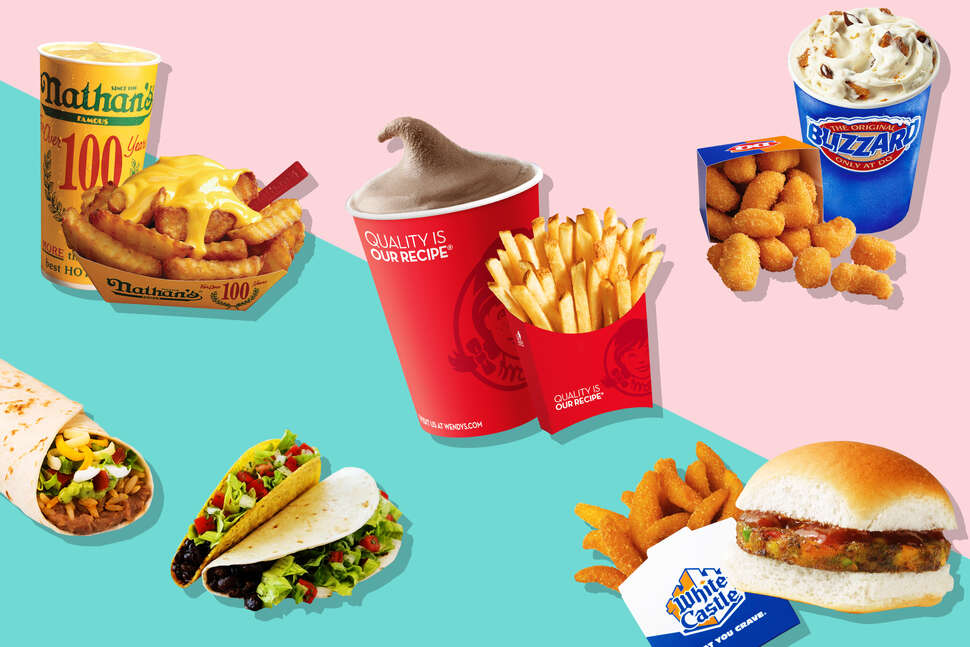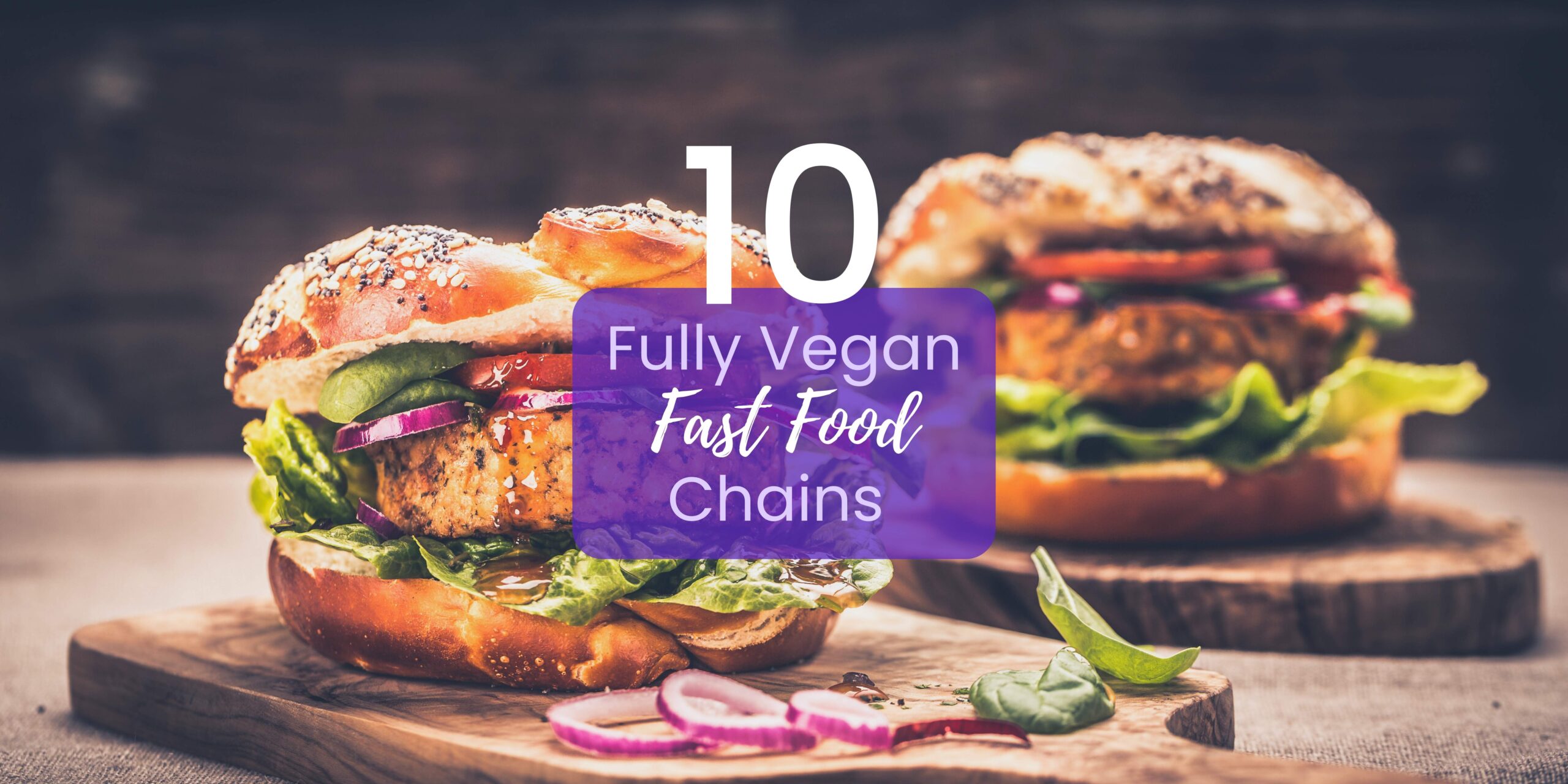Fast Food Veggie Sales: Over 23% & Rising! [Analysis]
Is it truly possible to navigate the world of fast food as a vegetarian and still feel good about your choices? Absolutely, and Taco Bell is leading the charge, proving that flavor and ethics can coexist in the drive-thru lane.
The landscape of fast food has dramatically shifted in recent years. No longer is it solely a haven for burgers and fries, but rather a burgeoning arena where vegetarian options are gaining significant traction. This evolution is fueled by increasing consumer demand for plant-based alternatives and a growing awareness of the environmental and ethical concerns associated with meat consumption. Fast food giants are taking notice, and some are doing a better job than others at catering to this expanding market segment.
| Category | Description |
|---|---|
| Vegetarian Menu Items | Over 15 distinct vegetarian options, including customizable classics and dedicated vegetarian dishes. |
| Customization Options | Ability to substitute beans for meat on almost any menu item, opening up countless vegetarian possibilities. |
| Health Considerations | Taco Bell is often cited as a healthier fast food option due to its emphasis on fresh ingredients and customizable portions. |
| Price Point | Generally affordable, making it accessible to a wide range of consumers. |
| Sustainability Initiatives | Taco Bell has made commitments to sustainable sourcing and packaging, reducing its environmental impact. |
| Reference: Taco Bell Vegetarian Menu |
Taco Bell, for instance, has made impressive strides in the realm of vegetarian fast food. Boasting over 15 different vegetarian options, they far outpace their competitors in providing a diverse and customizable menu. The beauty of Taco Bell's approach lies in its inherent flexibility. The ability to swap out meat for beans in almost any menu item instantly transforms a meat-heavy offering into a viable vegetarian choice. This simple yet effective strategy has positioned Taco Bell as a go-to destination for vegetarians seeking a quick and satisfying meal.
Furthermore, Taco Bell's vegetarian offerings are not simply afterthoughts; they are thoughtfully integrated into the menu. The chain doesn't rely on expensive and often heavily processed fake meats to cater to vegetarians. Instead, they leverage the inherent versatility of ingredients like beans, rice, cheese, and fresh vegetables. This approach not only keeps costs down but also results in a menu that feels authentic and flavorful, rather than a compromise.
Contrast this with other fast food chains that have jumped on the vegetarian bandwagon, often relying heavily on meat substitutes. While these alternatives can be appealing to some, they often come with a higher price tag and a less-than-ideal nutritional profile. Additionally, the environmental impact of producing these fake meats can be significant, potentially negating some of the benefits of choosing a vegetarian option in the first place.
Burger King, for example, introduced its first veggie burger back in 2002. This was undoubtedly a step in the right direction, even though the bun contained eggs, making it unsuitable for vegans. In 2019, they further expanded their vegetarian offerings with the Impossible Whopper, a collaboration with Impossible Foods. In fact, vegetarian items accounted for over 23% of the chain's offerings. While these initiatives are commendable, Burger King's primary focus remains on its meat-based offerings, with vegetarian options often feeling like an add-on rather than an integral part of the menu.
Subway, with its vast network of 44,000 outlets across 100 countries, has also played a role in shaping the fast food landscape. Their emphasis on fresh ingredients, customizable sandwiches, and healthier eating choices has resonated with health-conscious consumers. While Subway offers a range of vegetarian-friendly options, such as veggie subs loaded with fresh vegetables, their vegetarian offerings lack the same level of intentionality and variety as those found at Taco Bell. Subway's customization options are primarily focused on individual ingredients rather than complete vegetarian meals.
The evolution of fast food is inextricably linked to societal shifts. As life became more fast-paced, with shorter lunch breaks and increased mobility, the demand for quick and convenient meals soared. Pioneers like McDonald's recognized this trend and introduced the concept of fast service with a consistent menu, revolutionizing the restaurant industry. These early fast food establishments primarily catered to meat-eaters, with limited options for vegetarians.
However, the increasing awareness of health and environmental issues is driving a new wave of innovation in the fast food sector. Consumers are demanding more than just speed and convenience; they want options that align with their values and dietary preferences. This shift is forcing fast food chains to rethink their menus and cater to a wider range of tastes and needs. While the journey towards a truly vegetarian-friendly fast food landscape is ongoing, Taco Bell's success demonstrates that it is possible to create a menu that is both delicious and ethically sound.
Ultimately, while fast food is generally not the healthiest dietary choice, Taco Bell provides a more favorable range of options for vegetarians. Its commitment to fresh ingredients, customizable portions, and diverse vegetarian offerings sets it apart from many of its competitors. By prioritizing flavor and flexibility, Taco Bell has proven that vegetarian fast food can be both satisfying and sustainable.
By Toby Amidor, MS, RD, CDN Oct.
Delivery and takeout from the best local restaurants is available. Breakfast, lunch, dinner and more, delivered safely to your door.
Article Recommendations



Detail Author:
- Name : Shannon Morissette
- Username : shana60
- Email : weissnat.erik@gmail.com
- Birthdate : 2002-10-27
- Address : 978 Sebastian Glens Carrollberg, AR 64083-5129
- Phone : +1 (415) 987-2535
- Company : Moore Inc
- Job : Welder
- Bio : Quod quis fugit dolor tempora. Enim quo vel tempore quod sunt rerum. Ut explicabo ullam temporibus illum. Quisquam sint laudantium rerum repellat suscipit et eius.
Socials
linkedin:
- url : https://linkedin.com/in/gutkowski1976
- username : gutkowski1976
- bio : Laudantium a qui tenetur sit.
- followers : 2811
- following : 2051
instagram:
- url : https://instagram.com/zgutkowski
- username : zgutkowski
- bio : Corporis eius repellat non possimus. Animi iste libero ipsum aut id corrupti voluptates.
- followers : 1220
- following : 147